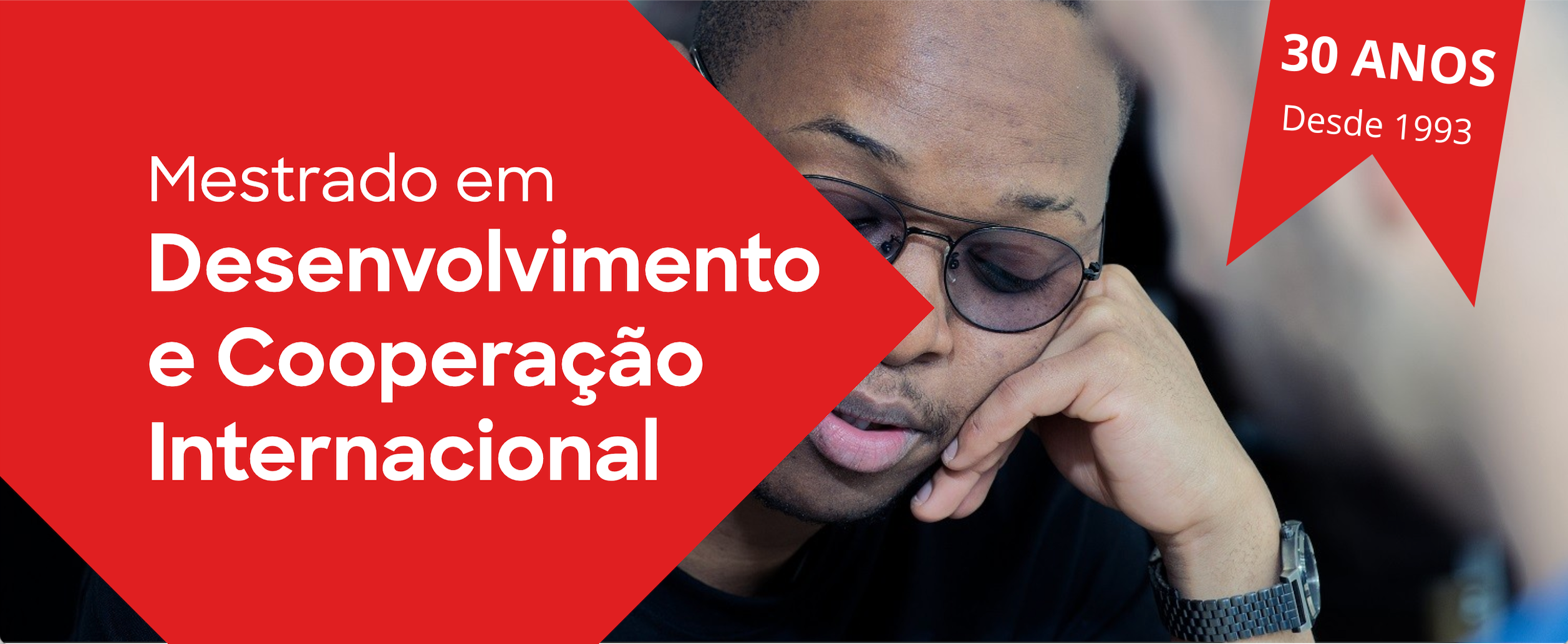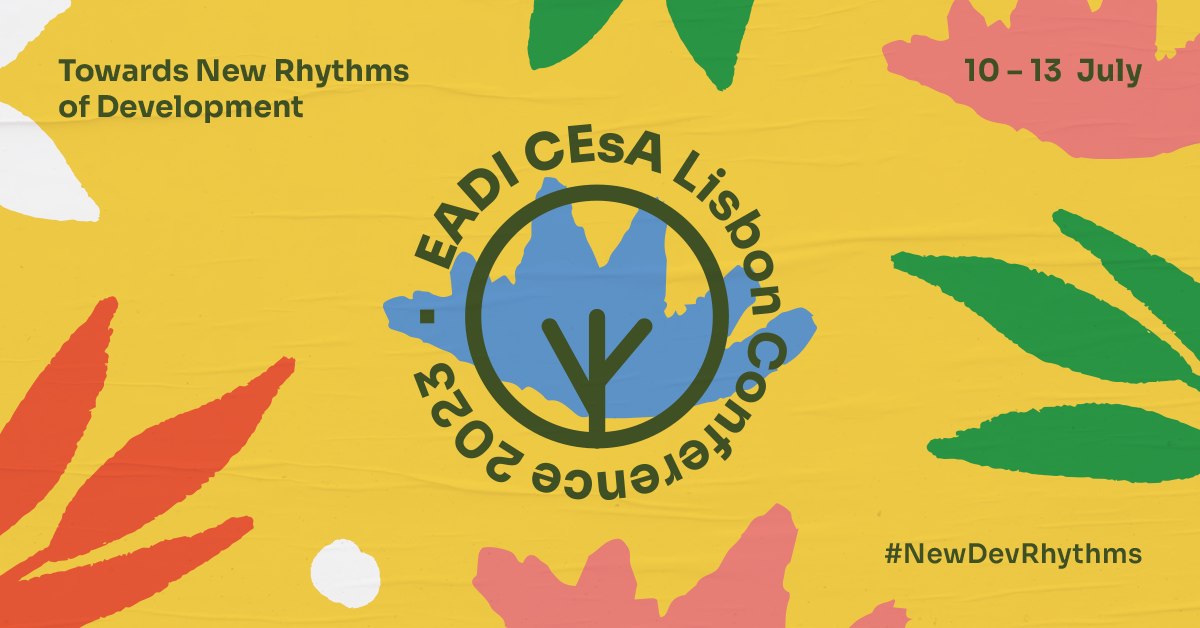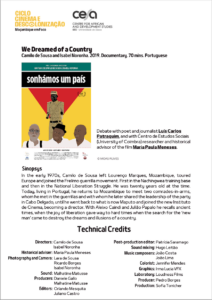CESA

EADI CEsA Lisbon Conference 2023 releases its preliminary programme with two Public Lectures either in person and online
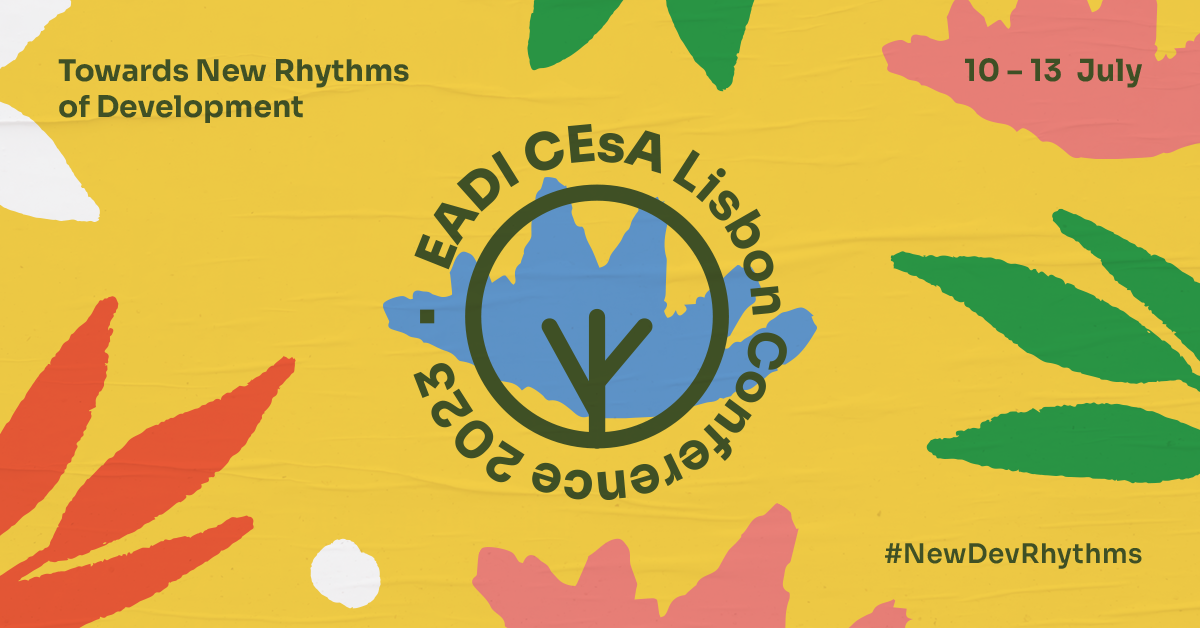
The largest European conference on Development Studies, the EADI CEsA Lisbon Conference 2023: Towards New Rhythms of Development, which will take place between the 10th and 13th of July 2023 at ISEG – Lisbon School of Economics and Management, in Lisbon, will have in its programme two Public Lectures, free of charge, either in person and online. Take a look in the Conferece website (AQUI).
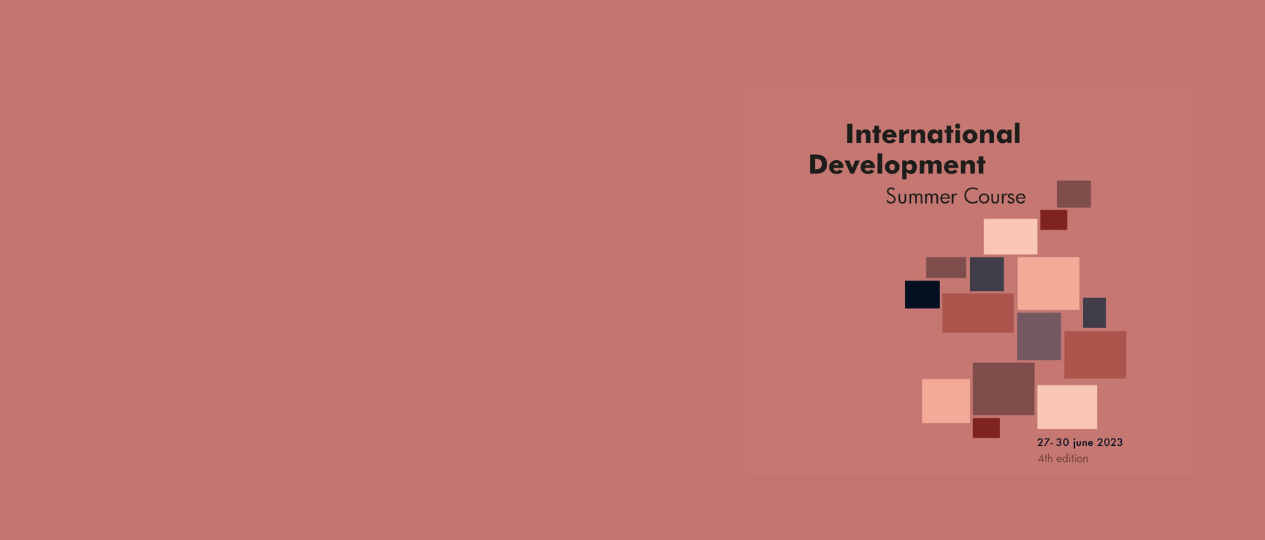
CEsA and Oficina Global support the 4th Edition of the International Development Summer Course (June 27th-30th 2023)
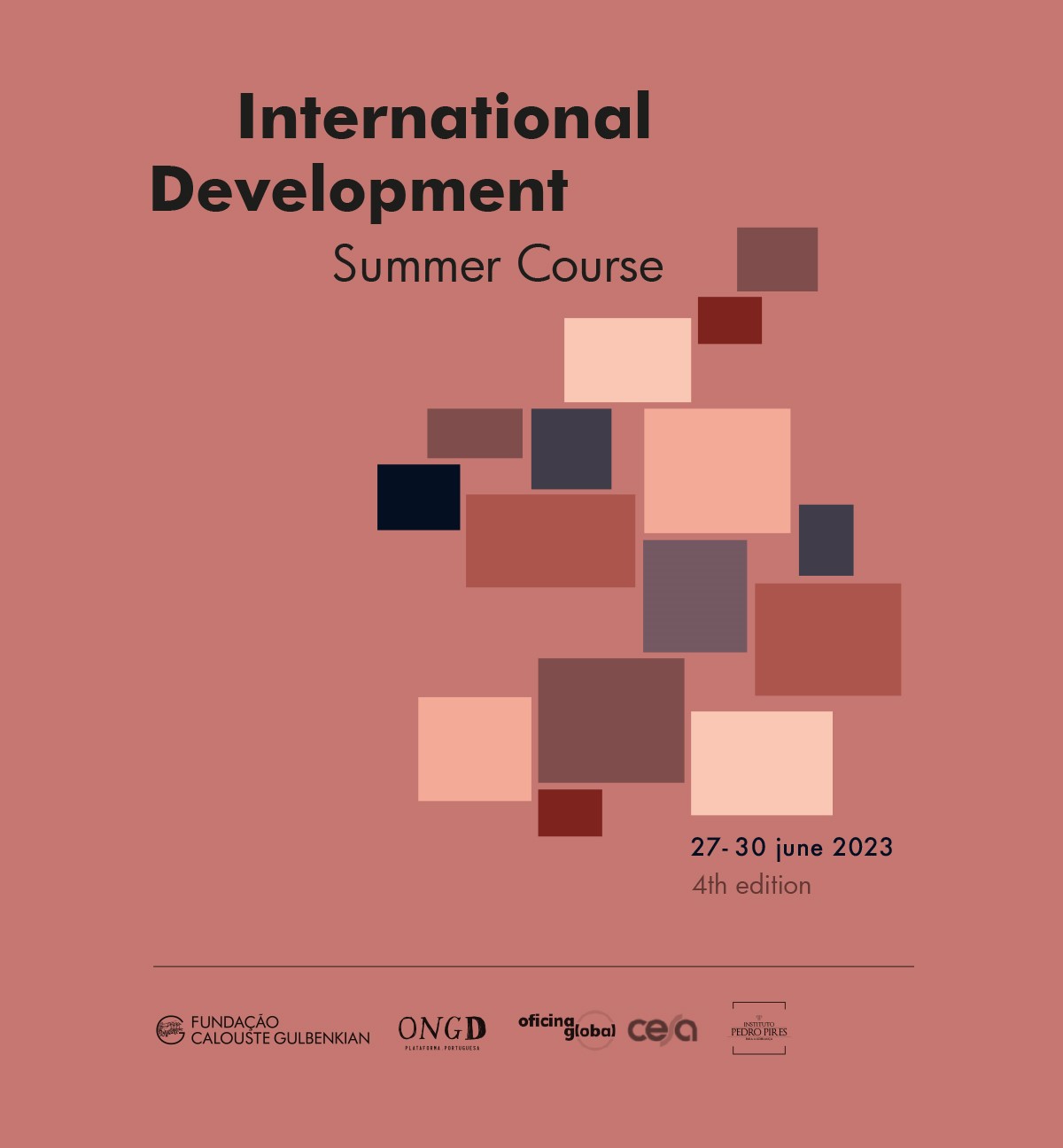
Centre for African and Development Studies (CEsA/CSG/ISEG/ULisboa) and Oficina Global support the 4th Edition of the International Development Summer Course, in partnership with Calouste Gulbenkian Foundation, Plataforma Portuguesa das ONGD and Instituto Pedro Pires de Cabo Verde. This edition will have as its theme “Global Development on the Edge”, and will take place online during four mornings, from June 27th to 30th (10 am to 1 pm UTC+1, Lisbon time). The preliminary programme can be acessed here. Registration must be done by filling out this form.
Author: CEsA Communication (comunicacao@cesa.iseg.ulisboa.pt) with information from Plataforma Portuguesa das ONGDs
Image: Plataforma Portuguesa das ONGDs/Reproduction
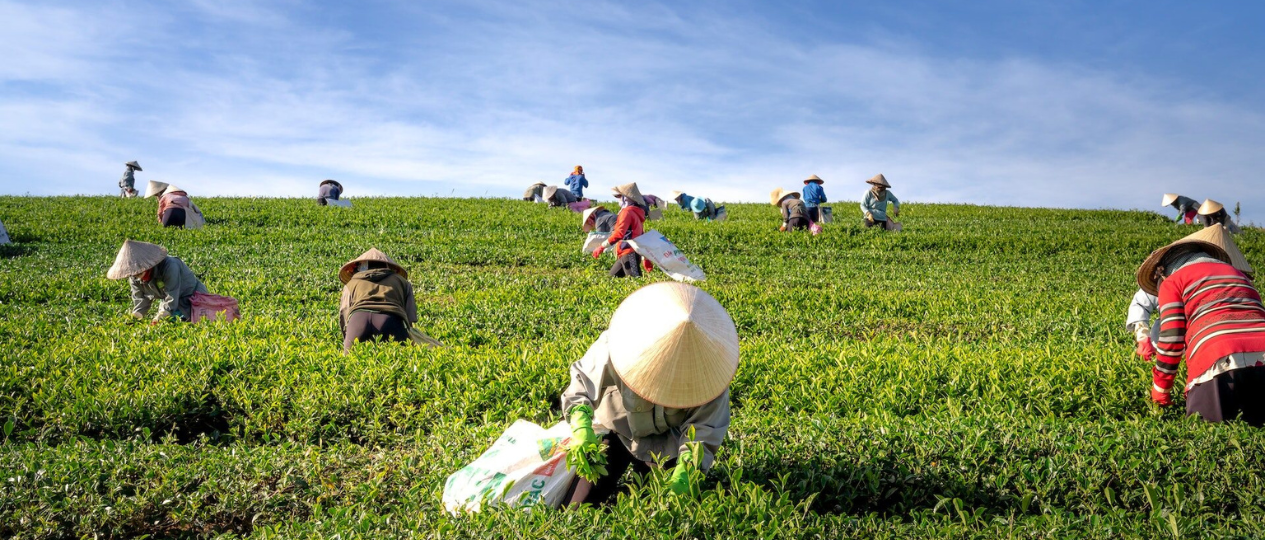
EADI Blog | New Rhythms of Development Series: “Contract farming is everywhere, but how does it affect agrarian relations in the Global South?”
EADI Blog post “Contract farming is everywhere, but how does it affect agrarian relations in the Global South?”, “New Rhythms of Development” Series.
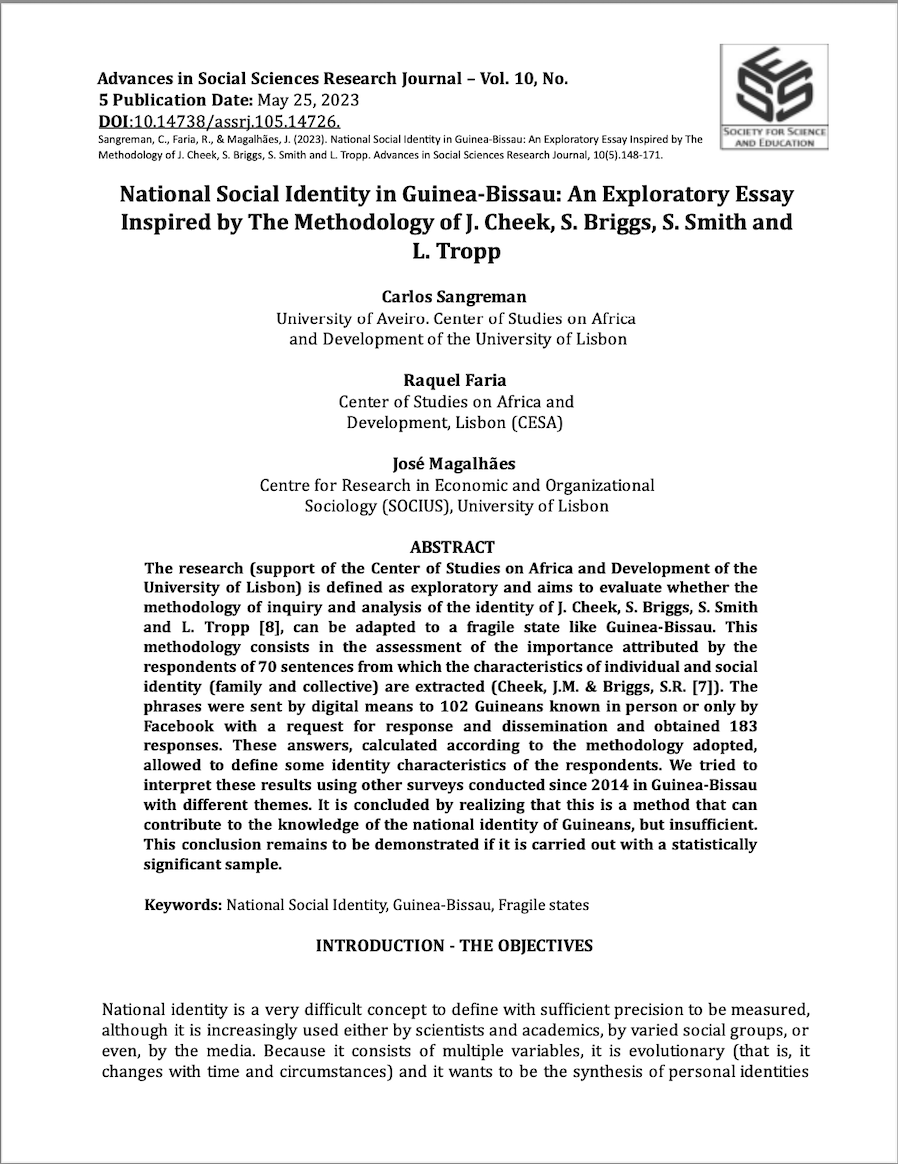
National Social Identity in Guinea-Bissau: An Exploratory Essay Inspired by the Methodology of J. Cheek, S. Briggs, S. Smith and L. Tropp
Abstract:
The research (supported by the Centre for African and Development Studies of the University of Lisbon) is defined as exploratory and aims to evaluate whether the methodology of inquiry and analysis of the identity of J. Cheek, S. Briggs, S. Smith and L. Tropp, can be adapted to a fragile state like Guinea-Bissau. This methodology consists in the assessment of the importance attributed by the respondents of 70 sentences from which the characteristics of individual and social identity (family and collective) are extracted (Cheek, J. M. & Briggs, S. R.). The phrases were sent by digital means to 102 Guineans known in person or only by Facebook with a request for response and dissemination and obtained 183 responses. These answers, calculated according to the methodology adopted, allowed to define some identity characteristics of the respondents. We tried to interpret these results using other surveys conducted since 2014 in Guinea-Bissau with different themes. It is concluded by realizing that this is a method that can contribute to the knowledge of the national identity of Guineans, but insufficient. This conclusion remains to be demonstrated if it is carried out with a statistically significant sample.
Quotation:
Sangreman, C., Faria, R., & Magalhães, J. (2023). National Social Identity in Guinea-Bissau: An exploratory essay inspired by the methodology of J. Cheek, S. Smith and L. Tropp. Advances in Social Sciences Research Journal, 10(5).148-171.
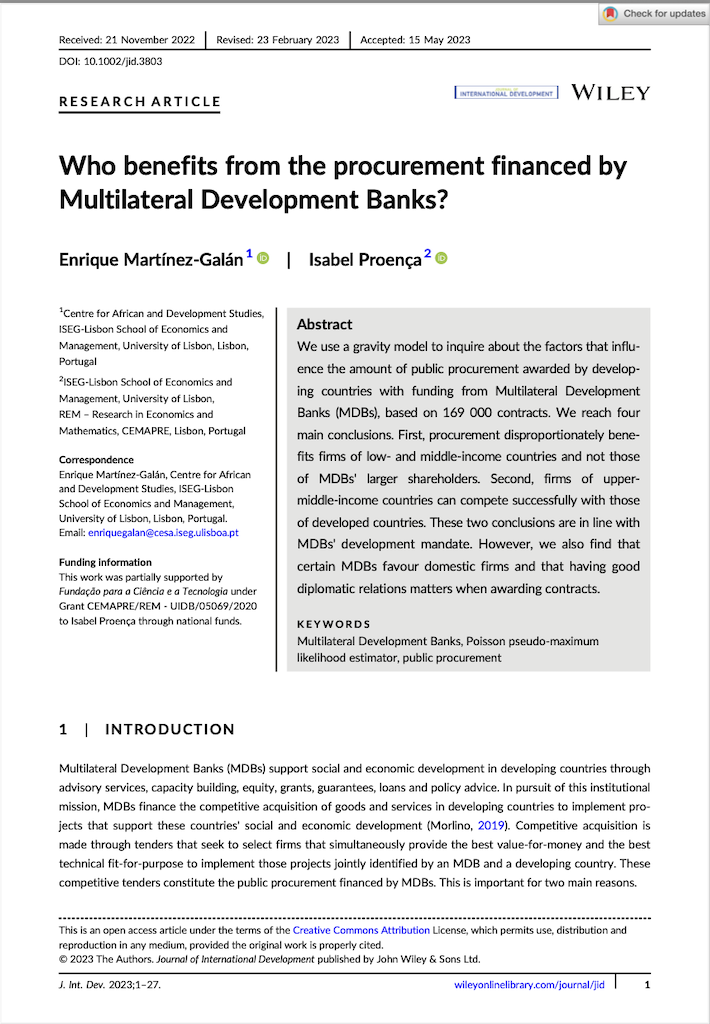
Who Benefits from the Procurement Financed by Multilateral Development Banks?
Abstract:
We use a gravity model to inquire about the factors that influence the amount of public procurement awarded by developing countries with funding from Multilateral Development Banks (MDBs), based on 169 000 contracts. We reach four main conclusions. First, procurement disproportionately benefits firms of low- and middle-income countries and not those of MDBs’ larger shareholders. Second, firms of uppermiddle- income countries can compete successfully with those of developed countries. These two conclusions are in line with MDBs’ development mandate. However, we also find that certain MDBs favour domestic firms and that having good diplomatic relations matters when awarding contracts.
Quotation:
Martínez-Galán, E., e Proença, I. (2023). Who benefits from the procurement financed by multilateral development banks? Journal of International Development, 1– 27. https://doi.org/10.1002/jid.3803

MDCI/ISEG 30th ANNIVERSARY: Applications for the 2023/24 Masters in Development and International Cooperation are open (3rd stage)
The Centre for African and Development Studies (CEsA/CSG/ISEG/ULisboa) and ISEG – Lisbon School of Economics and Management, University of Lisbon (ULisboa), announce the opening of the 3rd stage for applications for the Masters in Development and International Cooperation (MDCI/ISEG) 2023/24.
In 2023, the Masters in Development and International Cooperation (MDCI/ISEG) completes 30 years of its creation by CEsA. In addition to having founded MDCI, CEsA also plays an important role in teaching at ISEG, through representation CEsA as a member of the Scientific and Pedagogical Committee of MDCI; by supporting and teaching several of the course units; and by supervising student’s’ theses. CEsA also regularly organises international seminars and conferences that enable MDCI students to be in permanent contact with leading-edge research in their respective areas.
The MDCI is a complement to the skills acquired in the first cycle in the areas of Economics, Management, Sociology or International Relations. It prepares students to be leaders, managers and senior technicians of organizations linked to international cooperation, in public institutions or private companies. It is essentially aimed at completing the first cycle education of graduates in Economics, Management, Sociology, International Relations or other areas considered appropriate to the course, preparing students to exercise professional functions related to the problems of development and international cooperation, or teaching and scientific research functions.
Further information at MDCI’s webpage at ISEG website (only in Portuguese).
Author: CEsA Communication (comunicacao@cesa.iseg.ulisboa.pt)
Image: CEsA/Reproduction

EADI CEsA Lisbon Conference 2023 | July 12th | Seed Panel 4: Inequality Dynamics in Portuguese-Speaking Developing Countries
Seed Panel 4 – Inequality Dynamics in Portuguese-Speaking Developing Countries
July 11th, 2023
2:30 pm – 4 pm (UTC+1)
Room 2, Francesinhas 1, ISEG, Lisboa

Did you miss a session? Watch all Development Studies Seminars 2023 presentations
The Development Studies Serminars 2023′ sessions took place from February 28th to May 30th, 2023 at ISEG. Presentations were recorded and are now available on the CEsA YouTube channel, in the playlist “Seminários de Estudos de Desenvolvimento 2023” (access this link). Check them out:
“Fragilities and Shocks Effects on Households and Communities in Southern Africa”, Vincent Agulonye (CEsA/CSG/ISEG/ULisboa), February 28th, 2023.
“Wealthy Continent, Poor People: Pathology of mis-governance in contemporary Africa”, Jacob Audu (Ahmadu Bello University) – ONLINE, March 7th, 2023.
“The Tourism Chain Value as a Strategic Development Element in Angola Under the PRODESI Programme”, Eduardo Sarmento (CEsA/CSG/ISEG/ULisboa), March 14th, 2023. In Portuguese.
“Achieving Human and Ecological Well-Being Through SDGs: The Iran Case”, Mojgan Chapariha (Centre for the Understanding of Sustainable Prosperity, University of Surrey) – ONLINE, March 21st, 2023.
“Transcolonial: O sujeito e o contexto”, João Pina-Cabral (Instituto de Ciências Sociais da Universidade de Lisboa), April 11th, 2023. In Portuguese.
“Institutions, Structures and Policy Paradigms: Toward Understanding Inequality in Africa”, Howard Stein (Universidade do Michigan), May 30th, 2023.
PS.: The session on March 28th, 2023, whose presentation was “A Discussion of the Grammars and Languages of Regionalisms in the Wake of COVID-19 Pandemic and the War in Ukraine”, by researcher Daniel Bach (Sciences Po Bordeaux and CEsA), was not authorized to be recorded and made available on YouTube.
Read more:
YouTube Playlist: “Seminários de Estudos de Desenvolvimento 2023”
Development Studies Seminars 2023 will return on February 28 at ISEG
Author: CEsA Communication (comunicacao@cesa.iseg.ulisboa.pt)

CEsA is back to social media channels. Follow us!

The Centre for African and Development Studies (CEsA/CSG/ISEG/ULisboa) is back to Facebook and LinkedIn! Our pages aim to reinforce CEsA’s digital presence and connection with our researchers, with Master’s and PhD students and with other people interested in Development Studies, being yet another stage for the dissemination of scientific activity developed by our Center, as well as events and other initiatives.
Stay tuned: Facebook and LinkedIn! Follow us, share with your network and talk to us! CEsA welcomes everyone.
Author: CEsA Communications (comunicacao@cesa.iseg.ulisboa.pt)
Images: CEsA/Reproduction

“Cinema and Decolonisation: Mozambique in focus” cycle | June 17th | Documentary We Dreamed of a Country (“Sonhámos um país”)
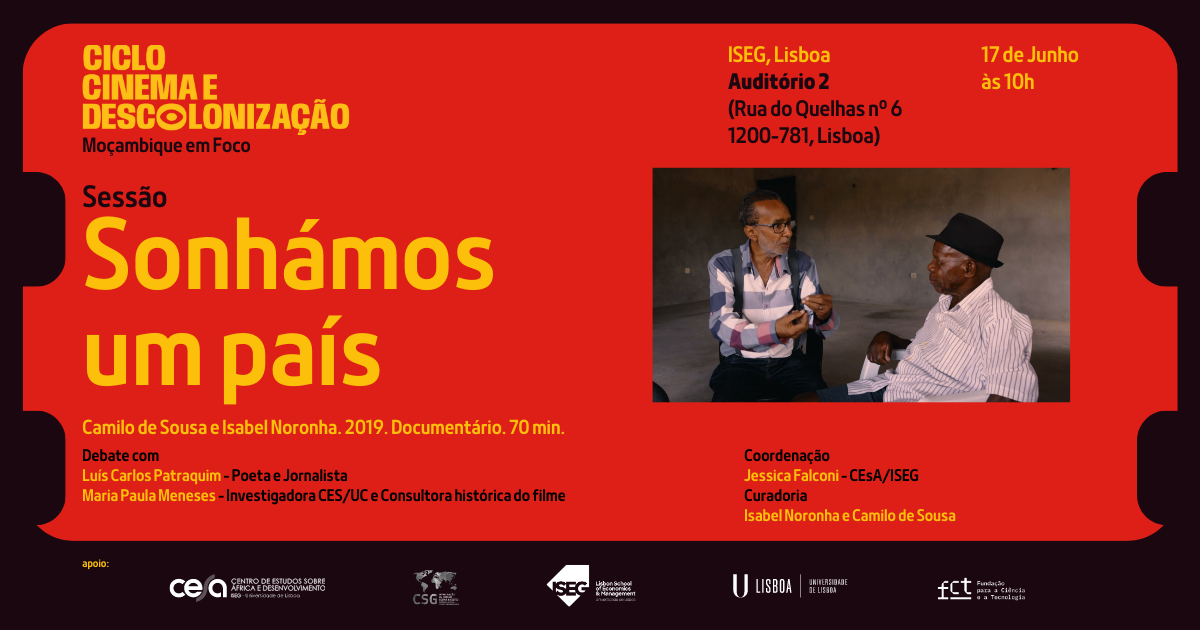
The Centre for African and Development Studies (CEsA/CSG/ISEG/ULisboa), within the scope of the “Cinema and Decolonisation: Mozambique in focus” cycle, is pleased to announce the screening of We Dreamed of a Country (“Sonhámos um país” in Portuguese) (Camilo de Sousa and Isabel Noronha, 2019, Documentary, 70 min, Portuguese). The session is free admission and will take place on June 17th, 10 am, at ISEG – Lisbon School of Economics and Management (Auditorium 2, Rua do Quelhas n. 6, 1200-781, Lisbon, Portugal – Google Maps HERE).
The debate will follow with poet and journalist Luís Carlos Patraquim, and CES/UC researcher and historical advisor of the film, Maria Paula Meneses.
PLEASE REGISTER HERE: https://www.eventbrite.pt/e/bilhetes-ciclo-cinema-e-descolonizacao-mocambique-em-foco-sonhamos-um-pais-642165623667
The film will be played in Portuguese. We recommend a pre-registration, but the capacity of the auditorium will be filled in order of arrival.
Synopsis for “We Dreamed of a Country”
In the early 1970s, Camilo de Sousa left Lourenço Marques, Mozambique, toured Europe and joined the Frelimo guerrilla movement. First in the Nachingwea training base and then in the National Liberation Struggle. He was twenty years old at the time. Today, living in Portugal, he returns to Mozambique to meet two comrades-in-arms, whom he met in the guerrillas and with whom he later shared the leadership of the party in Cabo Delgado, until he went back to what is now Maputo and joined the new Instituto de Cinema, becoming a director. With Aleixo Caindi and Julião Papalo he recalls ancient times, when the joy of liberation gave way to hard times when the search for the ‘new man’ came to destroy the dreams and illusions of a country.
Click on the imagem below to access the event sheet:
About the “Ciclo de Cinema e Descolonização: Moçambique em foco”
The project urges to understand decolonization as a process still in progress, which must be accepted and integrated into the social, political, cultural and personal dynamics. The project aims to create an open and dynamic space for sharing, where memories, narratives, dialogues and reflections can emerge. It is coordinated by Jessica Falconi (CEsA/CSG/ISEG/ULisboa) and curated by the Mozambican filmmakers Isabel Noronha and Camilo de Sousa.
The film club will take place from January to July 2023, with screenings once a month, always on Saturdays, where it is intended to debate and reflect on the legacies and memories of decolonization in Mozambique. Each session will have the spoken remarks of producers, directors, etc., as well as moderators and debaters who will facilitate the debate within the audience.
Coordination: Jessica Falconi (CEsA/CSG/ISEG/ULisboa)
Curators: Isabel Noronha and Camilo de Sousa
Scientific consultancy: Joana Pereira Leite (CEsA/CSG/ISEG/ULisboa) and Ana Mafalda Leite (CEsA/CSG/ISEG/ULisboa)
Support: CEsA/CSG/ISEG/ULisboa
Read more:
Check the full program for 2023 of the film club “Cinema e Descolonização: Moçambique em foco”
Author: CEsA Communication (comunicacao@cesa.iseg.ulisboa.pt)
Image: CEsA/Reproduction
